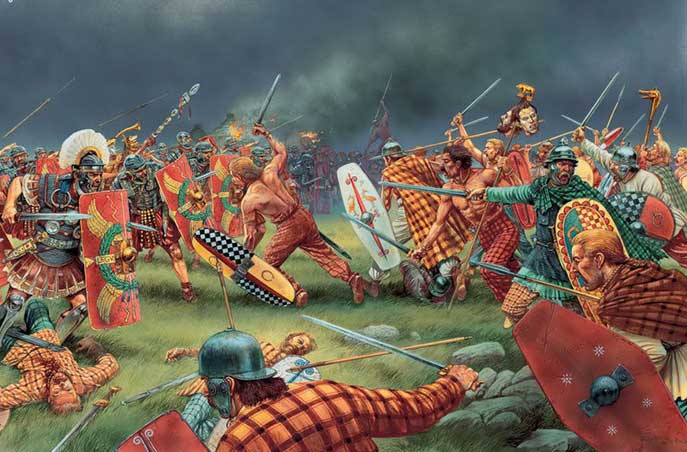Northwestern(1), Southwestern(2), Western(3), Central(4), Southern(5), Northern(6), Northeastern(7), Southeastern(8), Eastern.(9)
(1) British Isles, Iceland, western areas of Norway
(2) Iberian Peninsula, Balearic Islands
(3) France and the Low Countries, maybe western part of Germany
(4) already mentioned (Germany, Poland, Hungary, Czech state, Slovakia, Hungary, Slovenia, etc.)
(5) Italian Peninsula, Sicily, Sardinia, Corsica, Malta
(6) Sweden, Denmark, eastern parts of Norway
(7) Finland, Baltic states, northern part of Russia
(8) Balkan region, Greece, Romania, European part of Turkey
(9) Ukraine, Belarus, most of Russia, western part of Kazakhstan




